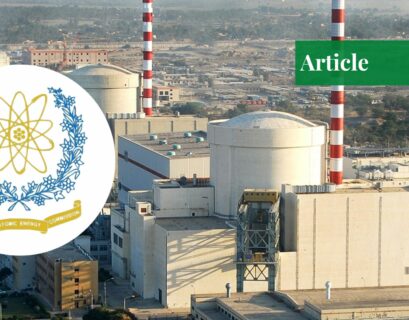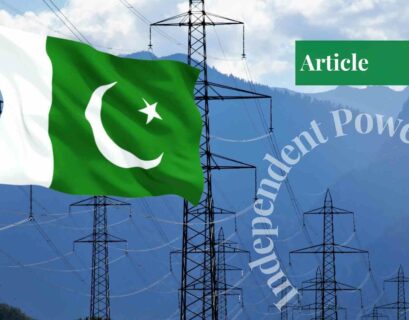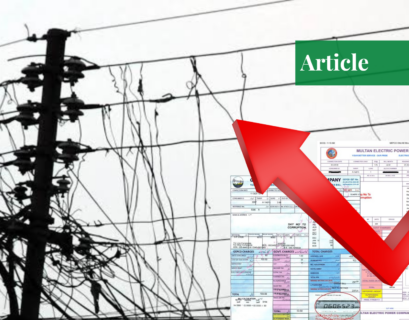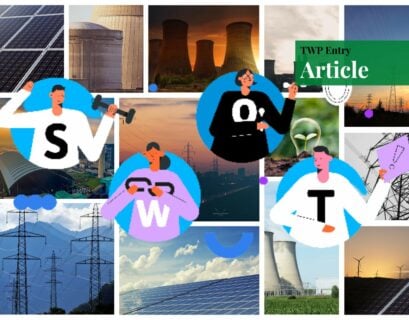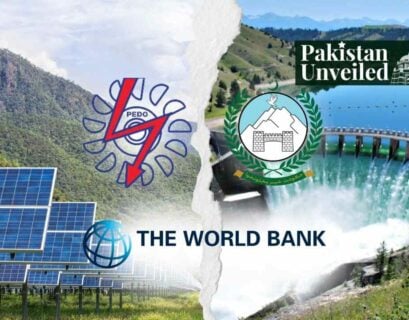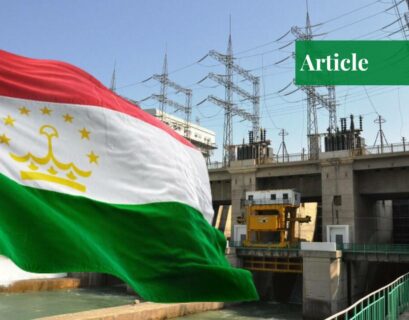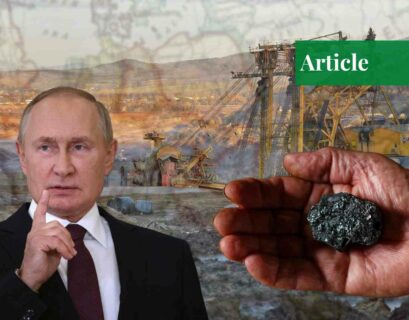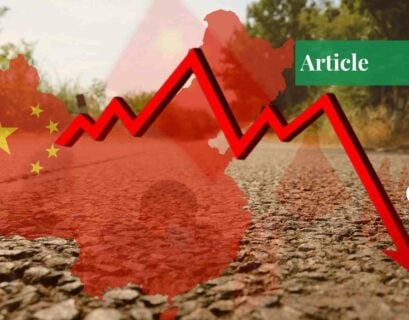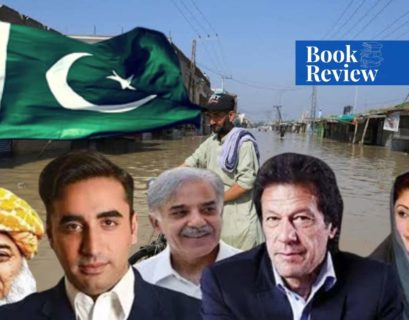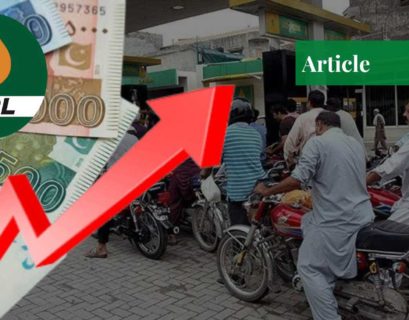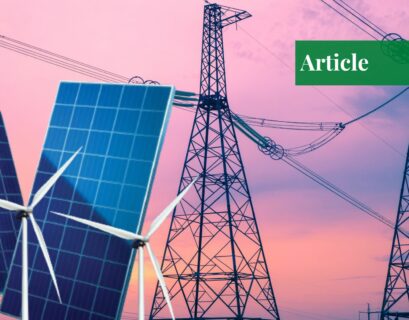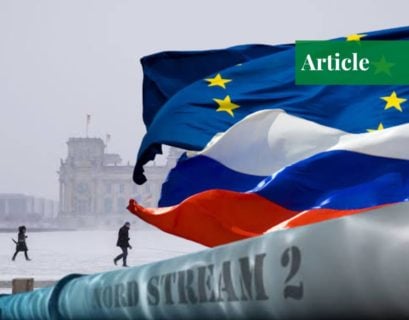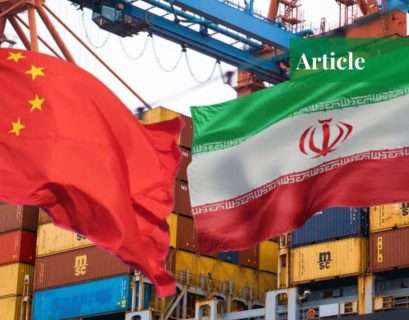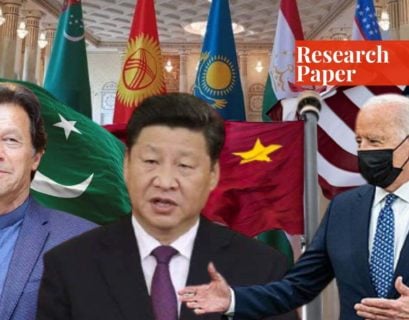Understanding Your WAPDA Electricity Bill
Understanding consumer electricity bills is a fundamental necessity for most Pakistanis. Maidah Tariq delves into effectively reading and managing your WAPDA electricity bill amidst the rampant corruption in the institution. She also provides recommendations to help consumers lower their electricity bills.
From Reactors to Crops: The Multifaceted Role of the Pakistan Atomic Energy Commission (PAEC)
From pioneering research in nuclear energy to transformative projects in healthcare, agriculture, and environmental conservation, the Pakistan Atomic Energy Commission (PAEC) continues to redefine possibilities for a sustainable and prosperous Pakistan.
As the demand for cleaner and more efficient energy solutions intensifies, PAEC’s pioneering efforts are instrumental in driving Pakistan towards a greener and more sustainable future. By harnessing the power of nuclear science and technology, PAEC is paving the way for a resilient and energy-abundant tomorrow.
Independent Power Producers in Pakistan
Independent Power Producers (IPPs) are private companies that generate power/electricity before selling it to the national grid competitively. They are also called Non-utility generators (NUGs) which only further emphasize private ownership.
There can be a variety of sources that IPPs can use to generate electricity such as wind, solar, and nuclear energy. Although they contribute to Pakistan’s circular debt, they are still a necessary
evil.
Kunda System: The Leading Source of Electricity Theft in Pakistan
Sadia Iqbal elaborates on the pressing issue of electricity theft through the “kunda” system in Pakistan. This illegal practice enables individuals to bypass meters, evade electricity bills, and aggravate the nation’s energy crisis by establishing unauthorized connections to power lines. The author identifies undetectable transmission losses and social factors such as poverty as primary causes of the prevalence of electricity theft. The consequences of the kunda system extend beyond financial losses, encompassing damage to infrastructure, fostering dishonesty, and contributing to a broader atmosphere of lawlessness.
Energy Predicament of Pakistan: SWOT Analysis and Way Forward
Safia Mansoor holistically covers the various dynamics of Pakistan’s energy crisis and the threats to Pakistan’s power sector by using the SWOT analysis. Strengths of Pakistan’s energy sector are massive coal reserves alongside wind, solar, and hydro energy potential, whereas the weaknesses include poor governance, inadequate role of DISCOs, T&D losses, corruption, and energy supply chain problems.
She also highlights various opportunities such as CPEC energy projects and clean & green energy technologies. Most importantly, the threats to the country’s energy sector are also discussed which include circular debt and lack of energy diversification.
She concludes that political, institutional, economic and technical reforms are need of time to deal with worsening power crisis of country.
Energy Crisis in South Africa: Eskom & Blackouts
An ongoing energy crisis in South Africa is characterized by widespread nationwide blackouts of electricity.
These rolling blackouts have been attributed to the inadequate generation capacity by Eskom, the government-owned national power provider of South Africa.
A nationwide “state of disaster” was declared last month in the wake of daily power outages lasting up to 10 hours.
PEDO to Market Its Carbon Credits Via World Bank
The KP government’s Pakhtunkhwa Energy Development Organization (PEDO) has been producing clean energy for three decades now.
In view of that, the organization could bring in 60 million USD annually if it were to market its carbon credits through the World Bank.
Tajikistan’s Geoeconomic Significance: Unfolding New Dimensions
According to certain economic assessments, Tajikistan has had consistent development since the end of the Tajik civil war in 1992, as well as an overall rise in the standard of living and foreign investment.
To Maha Afzal Chaudhary, the country’s great hydroelectric potential and geostrategic significance make it a prominent player in regional affairs.
The Maritime Border Deal Between Israel & Lebanon
Israel and Lebanon have been at war since 1948. Both nations have been claiming rights over an 860 sq. km. patch of an area in the Mediterranean Sea that contains parts of the Karish gas field and Qana gas field.
Negotiations between the two nations were underway since October 2020 but failed to bear fruits until recently. The historic maritime deal has now been mediated by the United States.
Europe and Coal: The Energy Crisis Forcing EU to Revert to Fossil Fuels
In light of the recent import ban on Russia, European countries are facing a severe energy crisis. As the fuel hike persists, it is becoming increasingly impossible to maintain efficiency while being environmentally conscious.
Due to this, many countries have reverted back to extracting the primary source of their energy from coal.
While Abrish Nayyar highlights the need to revert to fossil fuels, she also discusses the environmental devastation that such usage will cause.
Will China’s Deadening Heatwaves Bring Its GDP Down?
China’s recent blistering experience with heatwaves has made it difficult for the country to resolve the energy crisis. The demand for power has escalated to unprecedented heights mainly due to the unrelenting heatwaves.
Alina Minhas and Amna Asif believe that this heatwave may negatively impact crop yields and hydroelectricity generation, thus damaging the country’s GDP.
Pakistan: Beyond the ‘Crisis State’
Edited by Maleeha Lodhi and several other contributors, Pakistan: Beyond the ‘Crisis State’ was published in 2011. The book effectively embarks beyond terrorism and natural disasters. Instead, it addresses the country’s contemporary security dynamics, demographic pressures, energy shortages, and lack of political will.
Petrol Prices in Pakistan: Determinants & Fluctuations
Petrol is a necessity with fairly inelastic demand. Since Pakistan imports petroleum products, the fuel price is determined by the fluctuating international market, and Pakistan’s foreign exchange rate.
The limited supply, and the unprecedented increase in the prices of petroleum products in the international market recently caused an unexpected global price hike.
Moreover, the rapid depreciation of the Pakistani rupee over the last few months, and the removal of govt. subsidies have caused petrol prices to reach a record high of Rs. 235.98 in Pakistan.
Energy Crisis in Pakistan and Its Solution (Updated)
The rise in global oil prices, devaluation of the Pakistani rupee, and the domestic political and economic crisis in Pakistan are propelling the state towards becoming energy insecure. Maryam Ibrahim and Izza Ikram note that Pakistan has become heavily dependent upon energy exports. However, it still needs to find alternatives if it wants to overcome its energy insecurity and meet its domestic energy demand. If left unchecked, the current energy crisis will devastate the already struggling economy of Pakistan.
Russian Gas Supplies to Europe Under Threat
Fatima Arshad Warraich writes that Europe’s acute dependence on Russia for energy supplies is causing them to prepare for a harsh and cold winter ahead, since Russia has threatened a complete cut-off of gas supplies. The EU is now scrambling to fill their gas storage caverns, looking for alternate sources of energy supply, and trying to quickly transition to greener alternatives.
The Iran-China Deal of 2021: 25 Years of Cooperation in Energy, Infrastructure, & Telecom
The increasing cooperation between China and Iran is seen as a threat by the United States, and by Iran’s rival oil exporters. The Iran-China deal (signed in March 2021) will further consolidate these relations and ensure China’s involvement in the region for the next 25 years. The author, Rooha Javed, notes that as a part of this deal, China will invest in Iran’s infrastructure development, oil and petrochemical industry, and telecommunications. She asserts that the Iran-China partnership can already be seen in China’s inclination towards reviving the Joint Comprehensive Plan of Action (JCPOA), and its current infrastructure projects in Iran.
All Eyes on the Republics of Central Asia’s Resources
The onset of the geopolitics of energy and resources in the international political system has redefined the regions’ importance in terms of the reservoirs of resources. Central Asia, in this respect, stands out with its abundant, unexplored, and top-notch natural resources. The paper highlights the factors behind the arousing interests of Pakistan, China, and the United States in the Central Asian republics. The future of Central Asia’s political, economic, and geostrategic landscape shall be determined by the member countries’ course of policies and actions towards Pakistan, China, and the United States.

